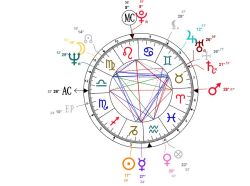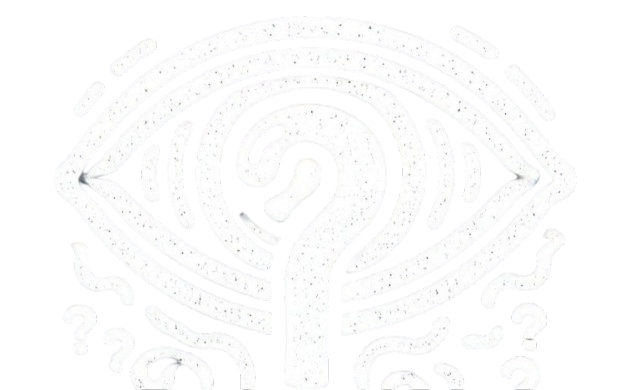Stephen Hawking


| Legal Name | Stephen William Hawking |
|---|---|
| Birthname | Stephen William Hawking |
| Gender | Male |
| Status | Deceased (1942–2018) |
| Died On | 14 March 2018 |
| Born on | 8 January 1942 |
| Birth Place | Oxford, England, UK |
| Nationality | British |
| Life Path | 7 |
| Astrology Data | ☼♑ ☽♍ Asc ?? |
Biography
Stephen Hawking was a British theoretical physicist, cosmologist, and author best known for his groundbreaking work in black hole physics and his book *A Brief History of Time*. Despite being diagnosed with ALS at a young age, he made profound contributions to science and became one of the most recognized intellectuals of his time.
Born in Oxford, England, Hawking showed exceptional intelligence from an early age. He studied at the University of Oxford and later pursued a PhD at the University of Cambridge, where he developed his influential theories on black holes and general relativity. His work revolutionized modern physics, particularly in understanding singularities and Hawking radiation.
Despite his physical limitations, Hawking continued to push the boundaries of scientific discovery. He became a symbol of perseverance and intellectual brilliance, inspiring millions through his lectures, books, and media appearances. His contributions to physics and cosmology remain fundamental to modern science.
Described
Stephen Hawking is widely regarded as one of the most brilliant minds of modern times. His deep analytical thinking, persistence, and ability to explain complex scientific concepts in an accessible way defined his legacy.
With an unyielding curiosity and a methodical approach to discovery, he dedicated his life to uncovering the mysteries of the universe. His disciplined mind, sharp wit, and philosophical perspective set him apart as both a scientist and a thinker.
Despite facing extreme physical challenges, Hawking’s resilience and determination allowed him to make revolutionary contributions to theoretical physics. His ability to think outside the box and embrace abstract ideas helped reshape our understanding of the cosmos.
Astrology/Numerology
Astrologically, Hawking was a **Capricorn Sun**, which reflects his disciplined, ambitious, and highly intellectual nature. Capricorns are known for their perseverance, patience, and strong sense of duty—traits that were evident in his lifelong dedication to science and discovery.
His **Virgo Moon** contributed to his analytical mind and meticulous attention to detail. Virgo Moons are known for their deep critical thinking and need for precision, making them natural problem-solvers. This placement enhanced his ability to methodically break down and reconstruct complex theories.
His **Life Path 7** signifies a seeker of knowledge, wisdom, and deeper truths. Individuals with this number are naturally drawn to intellectual pursuits and often become experts in their fields. Hawking’s relentless pursuit of understanding the universe aligns perfectly with the traits of a Life Path 7.
How Astrology Matches
Stephen Hawking’s astrological placements align remarkably with his personality and contributions. His **Capricorn Sun** fueled his ambition and ability to push through adversity, ensuring that he remained committed to his work despite his physical condition.
His **Virgo Moon** strengthened his analytical mindset and attention to intricate details, crucial for a theoretical physicist working with complex equations and abstract concepts.
Although his Ascendant is unknown, the combination of his Capricorn and Virgo placements suggests a deeply pragmatic and methodical thinker who valued logic and structure. These traits shaped his approach to science and problem-solving.
His **Life Path 7** further reinforces his role as a visionary thinker, someone drawn to uncovering hidden truths about existence. Like many great intellectuals, he possessed a natural curiosity and an insatiable thirst for knowledge, which defined his entire career.

